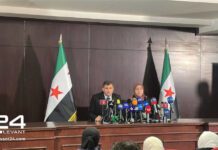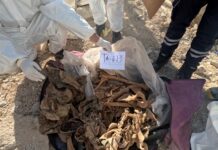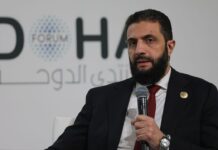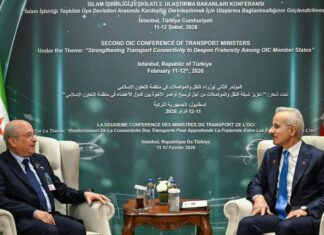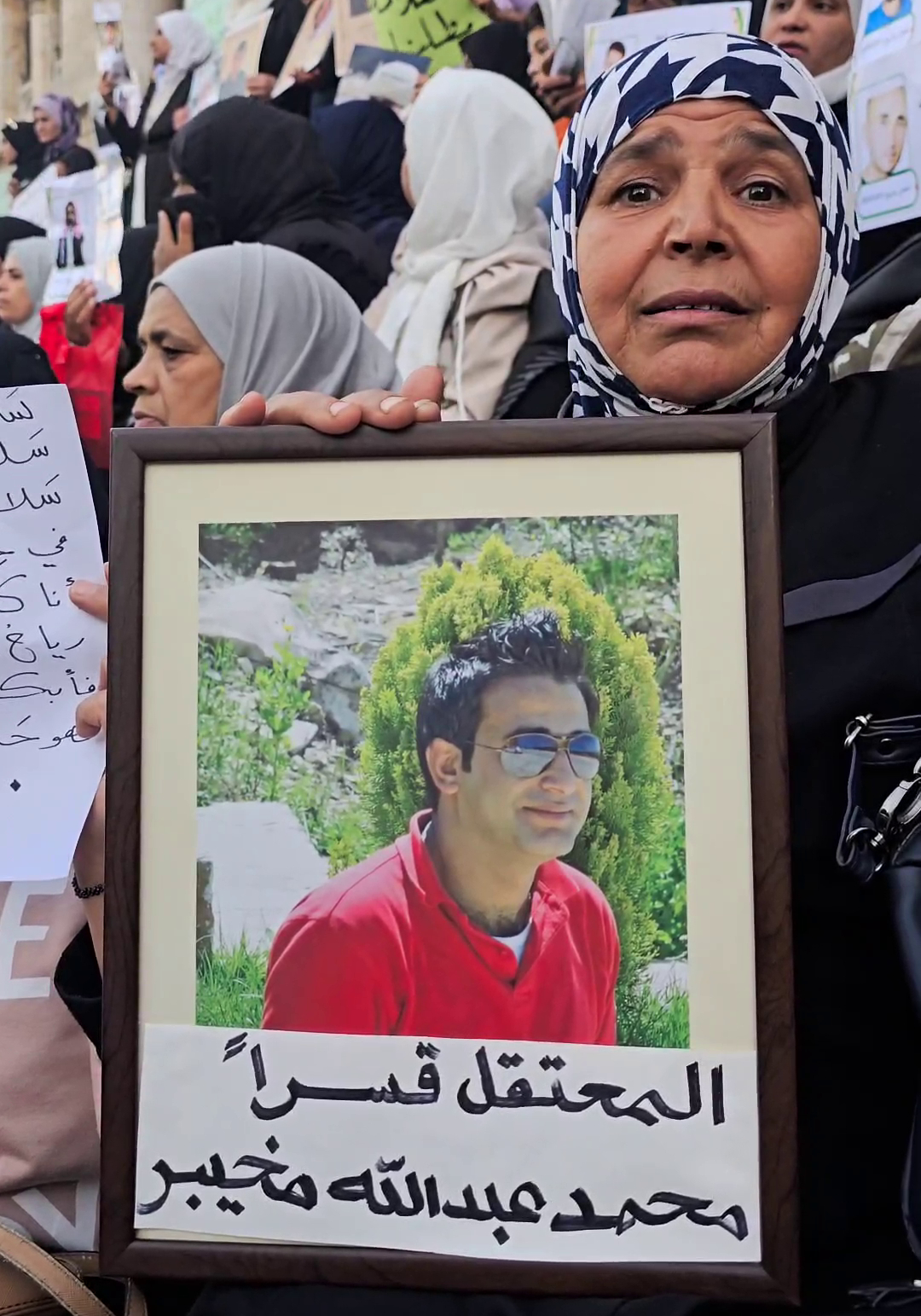
For the first time, families in the Syrian capital publicly marked the International Day of the Victims of Enforced Disappearances on August 30, a day of remembrance recognized by the United Nations since 2011. According to the Syrian Network for Human Rights (SNHR), at least 177,057 people remain forcibly disappeared, with nearly 90% of cases attributed to the former Assad regime. Families of the missing gathered at events across the country, demanding truth and justice after more than a decade of silence.
Families and Survivors Speak Out
Levant 24 (L24) correspondents spoke with relatives and advocates during commemorations. One mother, searching for her son since his detention in 2011, described the years of unanswered questions: “They put him in a car, and I never saw him again,” she said. “I just want, from the depths of my heart, to know where he is.”
Amina al-Kholani of the National Commission for Missing Persons announced the launch of a platform bringing together Syrian and international groups, including the Association of Detainees of Sednaya Prison and the Caesar Files Group. “We agreed to establish a platform composed of civil society organizations working on the issue of the missing, in order to support the Commission inside Syria,” Kholani said to L24.
Jelnar Ahmad, program manager at the Syrian Archive, noted the scale of the task. “The documentation of the missing will require extensive work and may take years,” Ahmad told L24. “But we believe that together with partner organizations, we can move forward and face these challenges.”
Government and International Response
The newly established National Commission for the Missing Persons (NCMP), created by presidential decree in May, pledged to build a national database, collect DNA, and oversee mass grave protection. In a joint statement with the International Commission on Missing Persons, the NCMP acknowledged that more than 150,000 Syrians are believed to be missing. Director-General Kathryne Bomberger said the process must be grounded in law and the active participation of families.
Syria’s Ministry of Foreign Affairs called enforced disappearance “one of the greatest humanitarian tragedies” facing Syrians and urged international support. Justice Minister Mazhar al-Wais said the government would continue legal reforms “to reveal their fate and hold those involved accountable.”
Civil society groups pressed for independent oversight. The Caesar Files for Justice Organization announced it had transferred its archives of torture victims to the NCMP, urging a transparent process of disclosure.
Calls for Truth and Justice
Amnesty International stressed that truth, justice and reparations must remain top priorities. “Without truth, justice and reparations, Syria’s people will never truly heal,” said Kristine Beckerle, Amnesty’s deputy regional director for MENA. Families have launched “Truth Tents” across Syria, gathering in public squares to honor the disappeared and demand accountability.
The SNHR report revealed the scale of the crisis, documenting more than 181,000 people still in detention or disappeared as of August 2025. It concluded that enforced disappearance in Syria constitutes an ongoing crime against humanity requiring long-term legal and humanitarian measures.
Despite political uncertainty, the day’s events reflected a growing insistence that the disappeared must not be forgotten. As one relative told L24: “Justice is the only way we can live in a country governed by the rule of law.”

